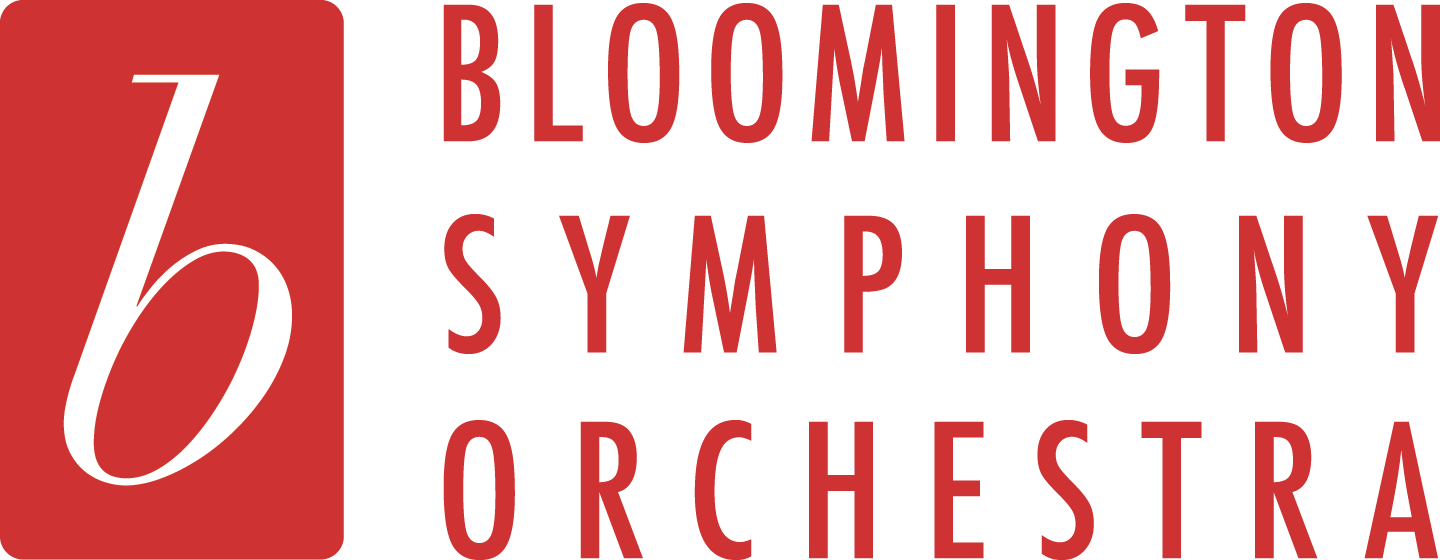We are pleased to share Manny’s Musings, a preview of the program notes for our upcoming concert. Enjoy these notes, and buy tickets for the concert to hear these pieces played in person.
The journey that is enjoying classical music includes becoming familiar enough with the repertoire that you recognize the music within a few notes played. Our response to the opening of Beethoven’s C-minor symphony is almost Pavlovian when we hear the first four notes, as we all sing along mentally or loudly to the chagrin of those around us.
So it is with the Concerto for Violin and Orchestra, Op. 64, by Felix Mendelssohn-Bartholdy. Whether it was from its constant plays on the radio, or the oft-played performances by great artists such as Jascha Heifetz in film (They Shall Have Music), or even enduring it as a punchline by comedian Jack Benny, it is recognizable, even if one doesn’t know the name of the piece. Would that this were the case for many more great works by the masters.
Music critic Michael Steinberg goes further, noting the observations of legendary violinist Joseph Joachim in 1906, regarding the four great German violin concerti of the day: “The greatest, the most uncompromising, is Beethoven’s. The one by Brahms vies with it in seriousness. The richest, the most seductive, was written by Max Bruch. But the most inward, the heart’s jewel, is Mendelssohn’s.” Joachim may be allowed a prejudiced thought due to his mentoring by Mendelssohn starting at the age of twelve, and having played his concerto an astonishing two hundred times during his career.
From conception to completion, six years elapsed, and the world was treated to what would eventually become a very familiar work following its 1845 premiere by Ferdinand David. But what is it that draws the ear to this piece of music? First and foremost, this concerto is tremendously tuneful. The opening is gripping in its plaintive, almost troubled quality. Daring to ascend the upper register with the character of a distressed soul, the soloist is called upon to remain on the thinnest string for the first several phrases until it releases passionately in a downward waterfall of triplets only to ascend and fall, ascend and fall, until it achives a placid secondary theme. On and on, the battle rages until a solo cadenza roils the waters white, then on to the finish of the movement. In essence, Mendelssohn has captured humanity in this first movement.
The second movement is a subtle shift to C major, of all things, as tradition often demands he should go to the sub-dominant of A minor. Instead, Mendelssohn borrows the empty key signature of A minor and gives us the relative C major. If the melody is at all familiar upon first hearing, it may be because you recognize the acquisition of the melody by Andrew Lloyd-Webber in his musical, Jesus Christ Superstar. Lloyd-Webber affectionately changes the time signature from 6/8 to 4/4 and gives us “I Don’t Know How to Love Him.”
On to our third key for the finale of the concerto, E major. Ending in the major is certainly par for the course, as Mendelssohn challenges the soloist to an all-encompassing romp of technique for the purpose of unadulterated joy. If this “joy” is transportive, it explains again the love of the piece over so many years. Try to listen to it without smiling. I dare you.
Program notes by Manny Laureano
The rest of the Musings for “Sutton Plays Mendelssohn!” are posted in Manny’s Musings on the Bloomington Symphony website. Join us in person on Sunday, October 5, 2025 at 2 p.m. at the Gideon Ives Auditorium at the Minnesota Masonic Heritage Center, for this concert that will feature BSO Concertmaster Michael Sutton performing Mendelssohn’s Concerto for Violin and Maurice Ravel’s Suite No. 2 from Daphnis et Chloe, along with the world premiere of Neptunian Shores by Minnesota native Russell Holsapple.
